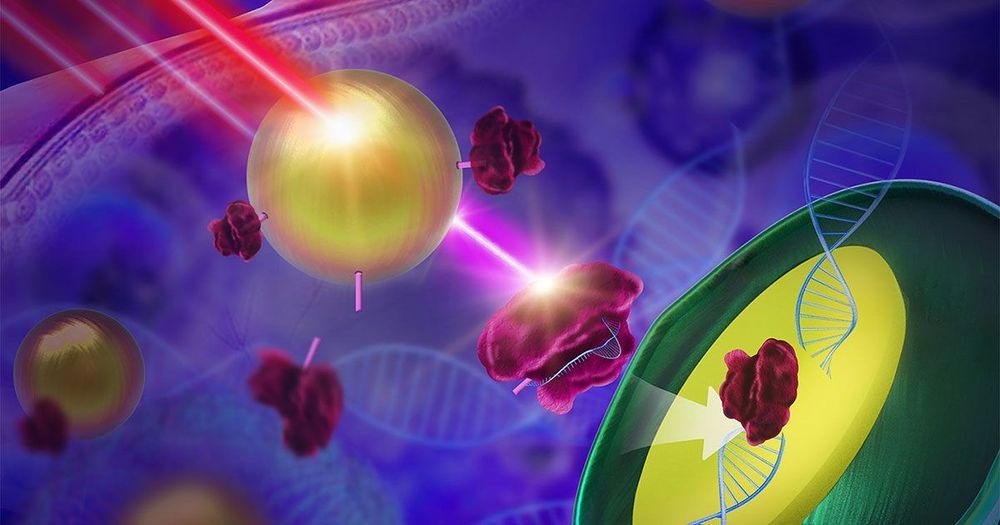By finding water on the moon, startup Ispace envisions a bustling lunar economy by 2040.



Today, Facebook is coming together with 27 organizations around the world to start the non-profit Libra Association and create a new currency called Libra.
Libra is a global cryptocurrency built on blockchain to promote financial inclusion. Libra is digital, mobile, stable, fast, cheap and secure. Read the Libra White Paper.

It’s a start. So far so good, senolytics.
SAN FRANCISCO, June 18, 2019 (GLOBE NEWSWIRE) — UNITY Biotechnology, Inc. (UNITY) [NASDAQ: UBX], a biotechnology company developing therapeutics to extend healthspan by slowing, halting or reversing diseases of aging, today announced promising results from its first-in-human Phase 1 study of UBX0101 in patients with moderate to severe osteoarthritis (OA) of the knee. The study demonstrated that UBX0101 was safe and well-tolerated. Improvement in several clinical measures, including pain, function, as well as modulation of certain senescence-associated secretory phenotype (SASP) factors and disease-related biomarkers was observed after a single dose of UBX0101.

Libra’s mission is to create a simple global financial infrastructure that empowers billions of people around the world. It’s powered by blockchain technology and the plan is to launch it in 2020. You can read more about the association here: https://libra.org/&h=AT0Vpgfo9yMWI9A93aDq0V-7D3PwK9TiZGZ…la1VStESZA
Being able to use mobile money can have an important positive impact on people’s lives because you don’t have to always carry cash, which can be insecure, or pay extra fees for transfers. This is especially important for people who don’t have access to traditional banks or financial services. Right now, there are around a billion people who don’t have a bank account but do have a mobile phone.

Facebook is finally ready to talk about its blockchain plans. Following numerous reports unraveling its upcoming announcement in detail, the company today said that its in-development global cryptocurrency, called Libra, will launch next year alongside the underlying blockchain-based network that will support it.

The trilogy’s success has been credited with establishing sci-fi, once marginalized in China, as a mainstream taste. Liu believes that this trend signals a deeper shift in the Chinese mind-set—that technological advances have spurred a new excitement about the possibilities of cosmic exploration. The trilogy commands a huge following among aerospace engineers and cosmologists; one scientist wrote an explanatory guide, “The Physics of Three Body.” Some years ago, China’s aerospace agency asked Liu, whose first career was as a computer engineer in the hydropower industry, to address technicians and engineers about ways that “sci-fi thinking” could be harnessed to produce more imaginative approaches to scientific problems.
A leading sci-fi writer takes stock of China’s global rise.

WHERE’S THE BEEF? You won’t find it here. This new plant-based “ground beef” is supposed to marbleize and tenderize just like the real thing.
(CNN) — It looks like beef and it’s made to taste like beef, but it’s made from something else.
A company called Beyond Meat says it’s working to make products that are indistinguishable from beef, pork and poultry for folks who like meat but want to be a little more healthy and more environmentally conscious.
Their ground beef is supposed to marbleize and tenderize just like the real thing.


CRISPR genome editing is one of the most significant, world-changing technologies of our era, allowing scientists to make incredibly precise cut n’ paste edits to the DNA of living organisms. Now, one synthetic biologist from NASA plans to make it as accessible as a home science kit, so you can bio-hack yeast and bacteria on your kitchen bench.